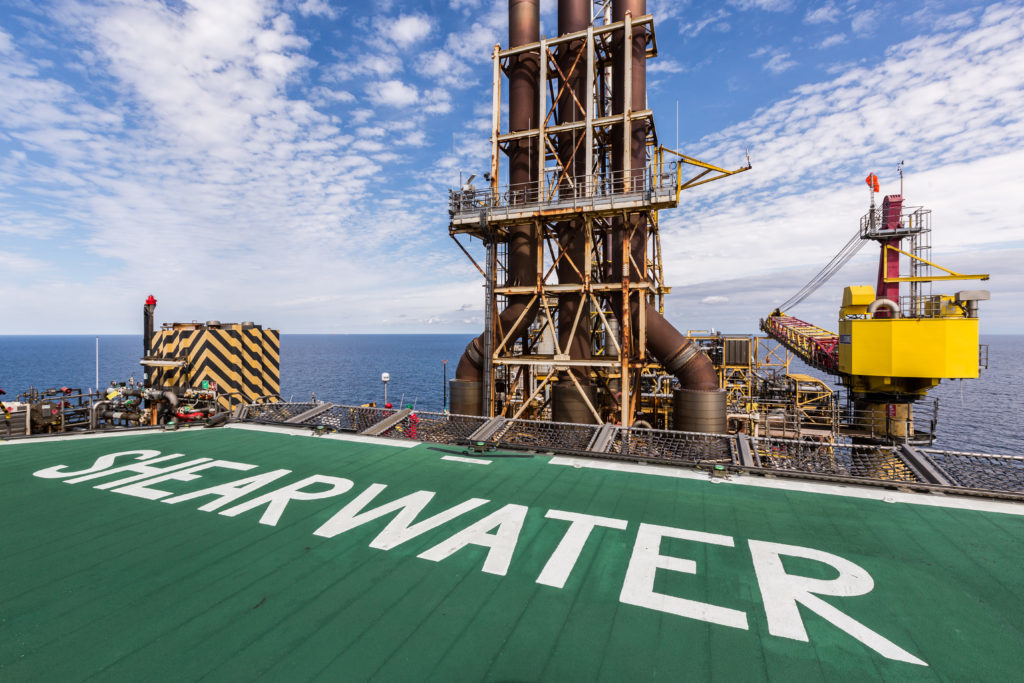
Shell will make a decision by the end of the year on whether to change its offshore rotas, amid questions around its effects on mental health.
A leaked report from a safety rep on the Shearwater platform earlier this year suggested the three weeks on, three weeks off (3/3) equal-time shift pattern was negatively affecting workers.
North Sea operators and contractors switched to 3/3 in a bid to lower costs amid the oil sector downturn.
Trade union officials condemned the move, who warned spending three weeks offshore, instead of two, would have implications for safety.
Strike action is currently underway on three of Total’s platforms in an ongoing dispute centred around 3/3 rotas, which union officials have warned could continue until the end of October if a resolution cannot be met.
Shell said it is crucial to balance the needs of the business and the individual, and is currently carrying out a wide-ranging engagement with staff
The leaked report from Shearwater in March said the rotas had left crew “distracted and not fully focussed on the job at hand”, while it had left workers’ partners “struggling with home life”.
Some had been diagnosed with depression.
Speaking on the Shearwater platform, Shell’s UK upstream vice-president Steve Phimister said it is important they strike the right balance.
“What I’ve said to my team is that it’s important we listen to that and we understand what’s going on and how people feel about those things.
“Most important right now is to have that high-quality dialogue and engagement to find out what’s the right balance between the business need and the individuals’ needs.”
A report from the Robert Gordon University in April also said that those on 3/3, rather than 2/2, are almost twice as likely to experience ill health as a result.
Mr Phimister added: “I think there are a lot of issues that play there, the RGU study and the feedback we’ve gotten directly from our people is important.
“The changes made two or three years ago, they were needed. They were part of a reaction to a difficult economic environment.
“If you want to attract capital to the basin, you’ve got to be competitive and you have to stay the course and improve your business.
“There’s a business need to do that, but there’s also individuals’ need to continue to work in this environment.
“What we’re doing is working with the workforce to find out how we can bring these two things together.
“That’s ongoing and before the end of the year we should have some results as to how we want to do that for both the business and the workforce.”
Recommended for you

